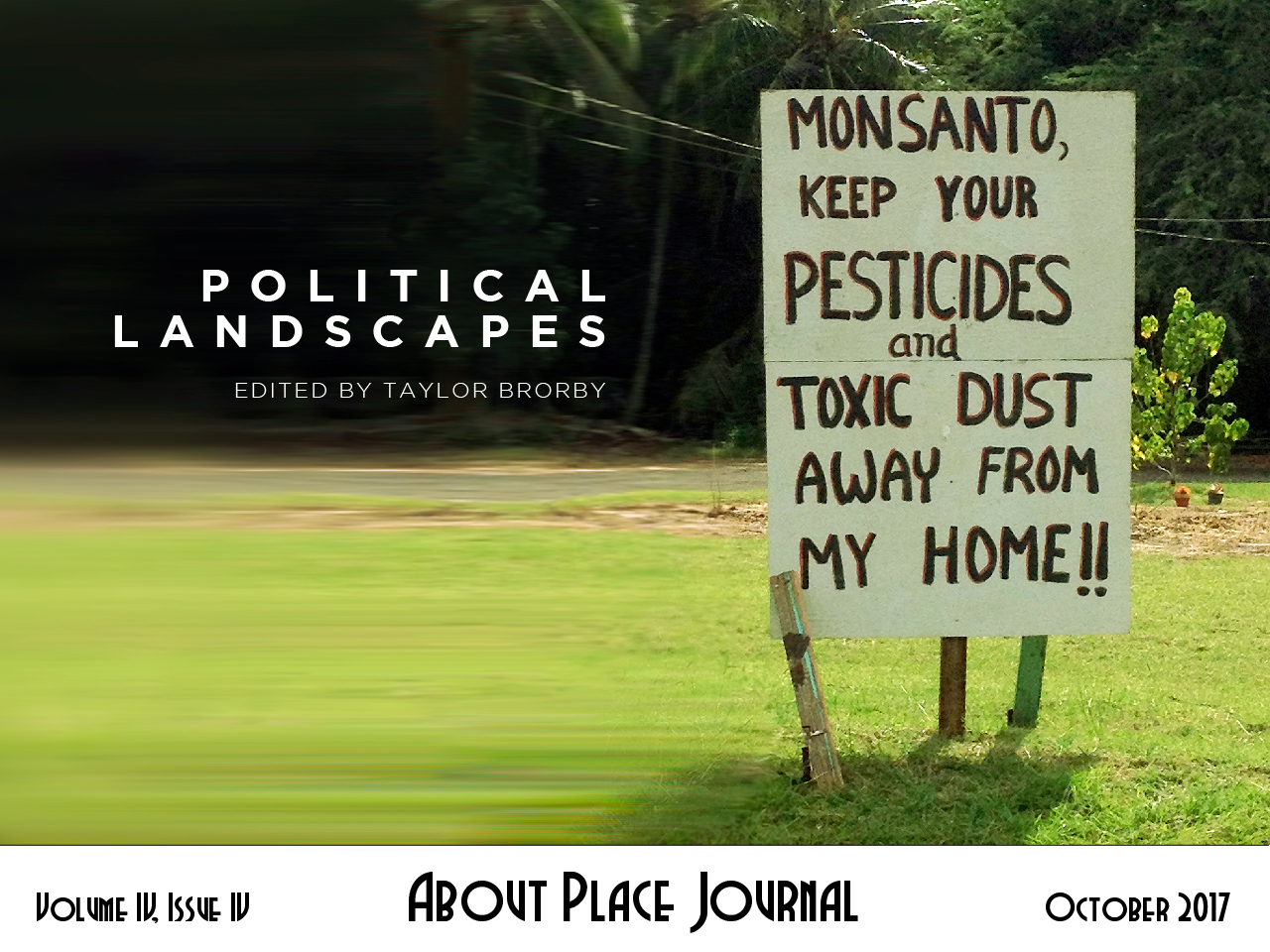in moss-green cracks, or hides
in leathery leaves of four-winged
saltbush, blackbush, bitterbush, or
pools in deep sleeping cells
inside a buried red-spotted toad. Here,
where I slept, my back on slabs
of sandstone, sky thrashed with stars,
wheeling above the long curved stone
horizon of comb ridge, under
which, the river dreams the rain
as it licks walls of rock and sinks
into roots of sandbar willow
and cottonwoods rustle and beg
to tip this heavy air which fills with
what peaks gather and pull down
and this desert opens all its mouths,
each cell releasing scent
drenched in what we want
to call rain before it falls or
what I want to call love when
I hear my breath as it moves
between canyon walls or my foot-
falls echo back until I know
myself as empty as this place is full
of nothing built by humans except those
cliff-perched rooms of stone and chips
of chert, one of which is translucent,
veined in red streaks as I hold it up
to light, remember a word
like bone, and as each thing spills
into the pungent
anticipatory air: earth and stone,
root, and leaf, until
the sky releases –
and pools of water are held
in kettle holes, silvered in late
sun, I walk with something whole
inside me that this land has
given, something I used to call
rain.


